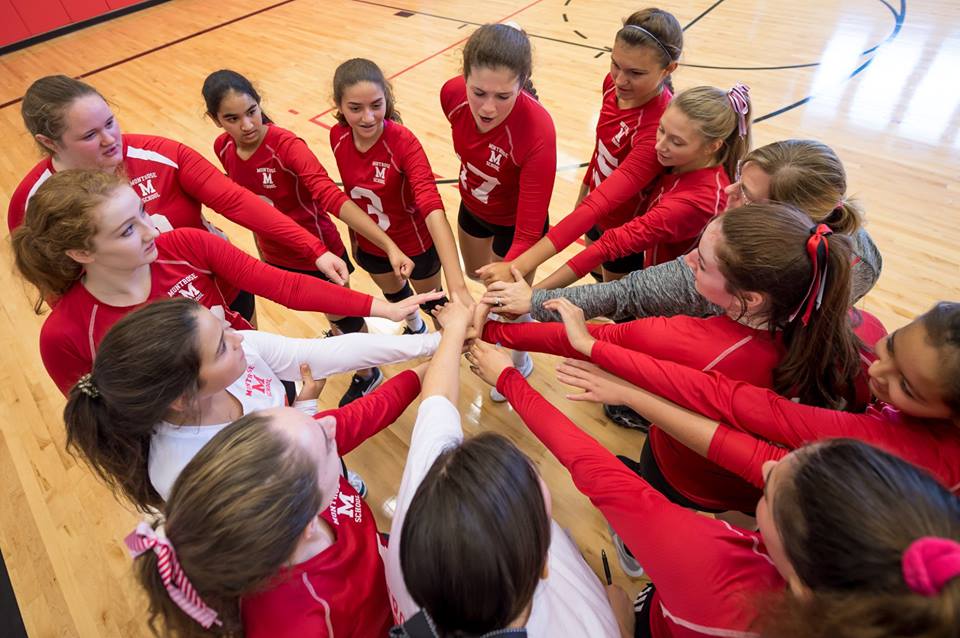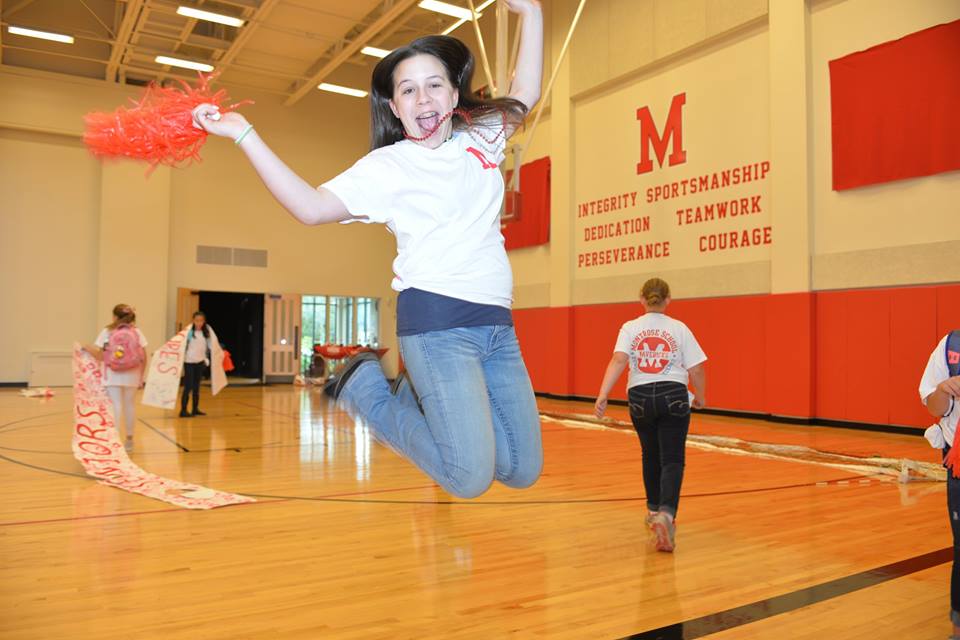In Habits of Mind -- a weekly class for all middle school students -- we explore how the brain works and how they can use that knowledge to become stronger students.
There are two foundational health habits that are necessary for optimal brain functioning: sleep and exercise. Without these, we compromise our brain’s ability to focus, attend, memorize, analyze, synthesize, persevere, and make sound decisions.
I recently wrote about the power of sleep for the Washington Post -- you can read it here. This week, we turned our attention to exercise.











